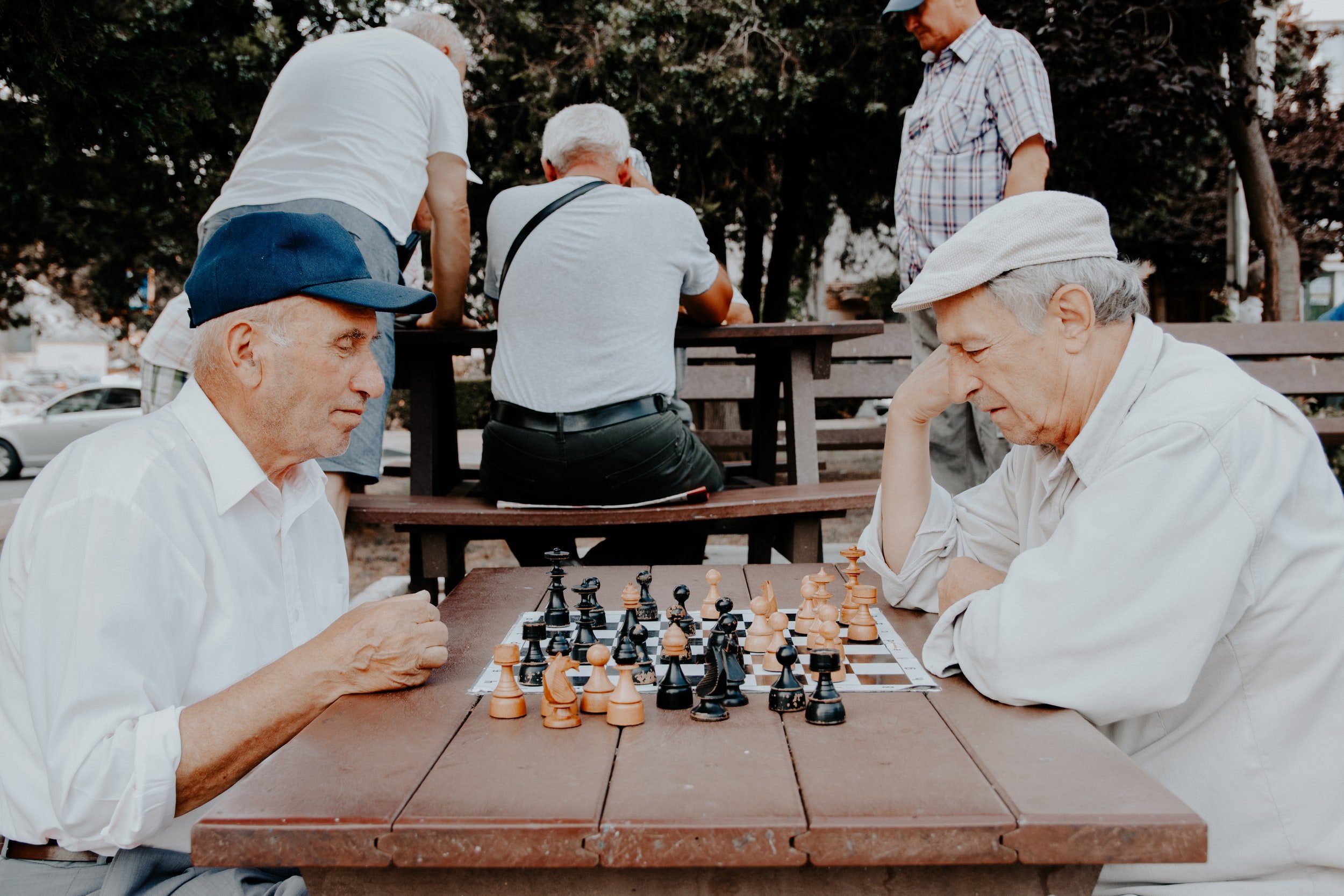Engaging Activities for Elderly People in Dementia Care
Many elderly today are living in long-term care facilities or nursing homes. It can be difficult for them to get out of their routine, and it is even more challenging when they suffer from dementia.
As the caregiver, we definitely want to make sure that your loved one has enough physical activity, socialization, and mental stimulation each day.
Here are some engaging activities that we use to help keep your loved one healthy. Try these with your loved one and see which ones they enjoy!
Strength and Aerobic Exercise
It is important for elderly people to stay active, especially those living with dementia. One way to do this is by incorporating strength and aerobic exercises into their routine.
Strength exercises can help maintain muscle mass, while aerobic exercise can improve heart health and circulation.
There are many types of exercises that can be done in a group setting or at home. Some examples include chair aerobics, stretching, tai chi, and yoga.
Arts and Crafts
Another great way to keep your elderly loved ones engaged is by having them participate in arts and crafts activities.
This could involve painting, drawing, sculpting, quilting, or any other activity that allows them to use their creative skills.
Not only will this provide a daily activity, but it can also improve people’s mental acuity and sharpen their memory.
The best part is that you do not have to be an artist yourself in order to create engaging art activities for your loved one.
Laughter Therapy
Research shows that laughter has many positive effects on the body including improved mood, cardiovascular health, better sleep quality, and decreased stress levels.
Having fun with others even helps build stronger relationships! You can incorporate games into your family or group sessions such as charades or trivia questions about current events. The options are endless when it comes to these types of activities.
Socialization
One way caregivers can help prevent loneliness in elderly people living with dementia is by encouraging socialization. This could involve visiting friends and family, going on group outings, or even joining a social club.
Many long-term assisted care homes also have their own day programs that offer social activities for elderly people.
No matter how you choose to encourage socialization, it is important that your loved one has the opportunity to interact with others on a regular basis.
Heart-Healthy Diet
It can be difficult to eat properly in a long-term care facility, but it is crucial for the elderly.
The food served at nursing homes may not always agree with your loved one’s specific tastes and dietary needs. To ensure they are eating heart-healthy meals on a regular basis, try having family members bring them homemade dishes or treats that you know will taste good to them. This way they get what they like while still receiving proper nutrition.
At Magnolia Gardens, we pride ourselves on preparing homemade, healthy meals for our seniors, always paying attention and proper care to dietary restrictions and recommendations from healthcare professionals.
Want some ideas on how to help your elderly loved one eat better? Check out our related post on this topic: How To Help Your Elderly Loved One Eat Better
Crossword Puzzles
One activity that is enjoyable for many elderly people, regardless of whether they have dementia or not, is doing crossword puzzles.
This can help improve their cognitive skills while also providing a mental challenge.
There are many different types of crossword puzzles available these days, so you can find one that best suits your loved one’s interests.
These are just some ideas to get you started in finding activities that will keep your elderly loved one engaged and healthy.
Considering Dementia Care?
Do you feel that your elderly loved one is alone while suffering from gradual memory loss? If so, feel free to ask us to learn more about our Alzheimer’s and dementia care in Vancouver.



